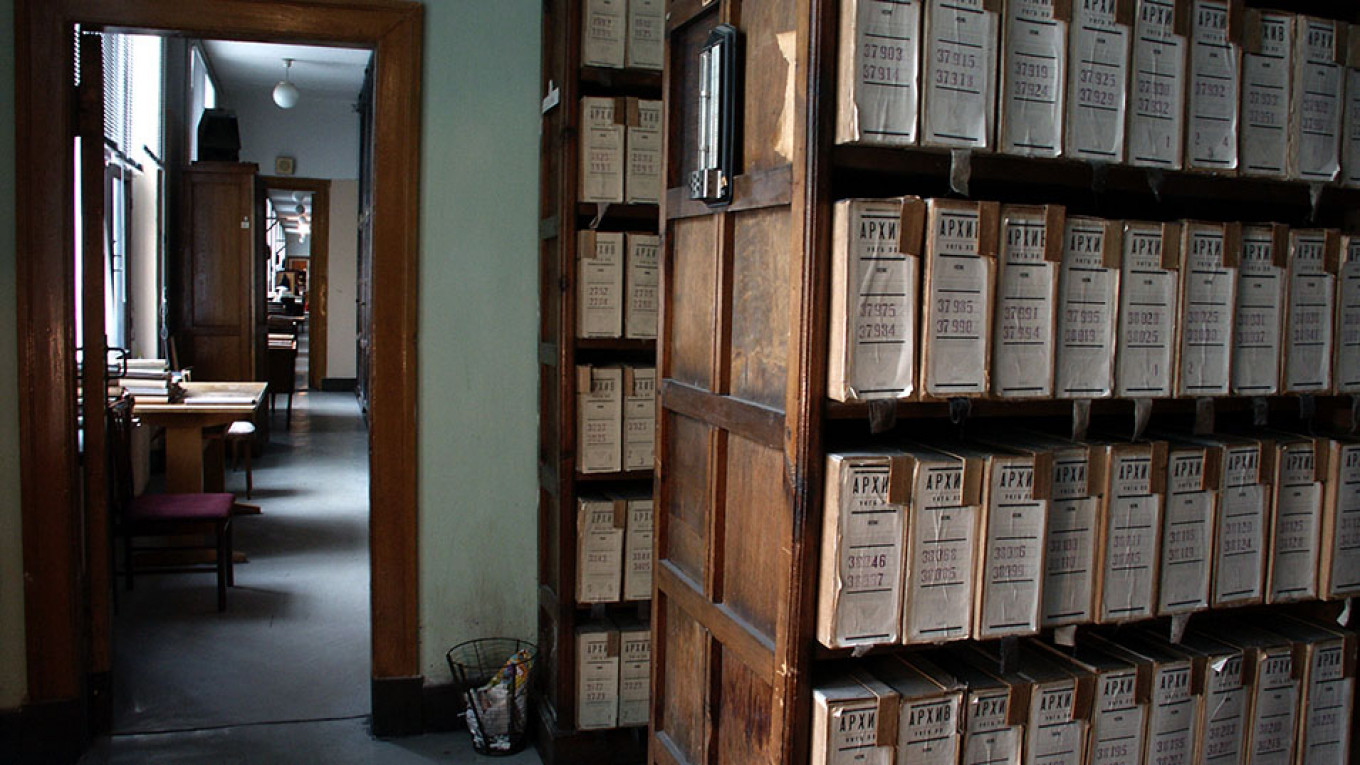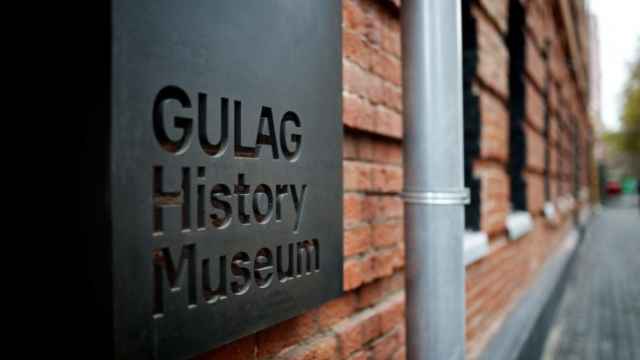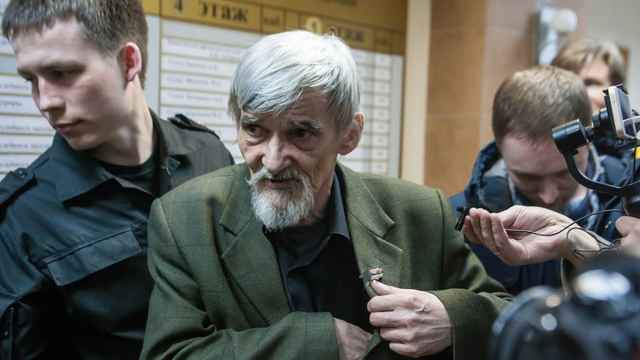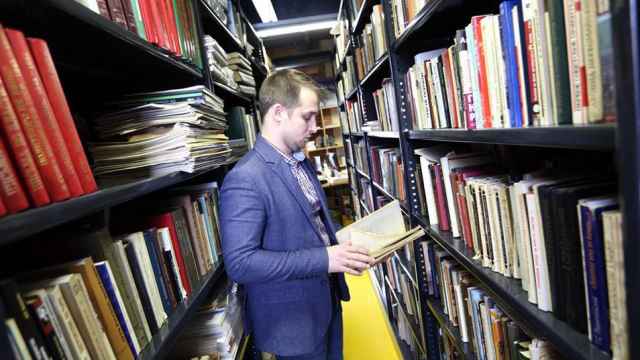Russia’s intelligence service has refused to declassify the names of members of Stalin’s notorious three-judge panels that issued death sentences without trials, Russian media reported this week.
As many as 700,000 people were executed in Stalin’s “Great Terror” of 1937-38, according to conservative estimates. The Memorial human rights NGO keeps a database of some 3 million victims of Soviet repression.
At least two Moscow courts have sided with the Federal Security Service’s (FSB) refusal to grant gulag historian Sergei Prudovsky access to files containing the names of so-called NKVD Troika judges, Kommersant reported on Thursday. The NKVD was the predecessor of the Soviet KGB.
“[His] position could harm both the living relatives of officials who signed the protocols and the objective assessment of the 1937-1938 historical period,” senior FSB legal adviser Yelena Zimatkina reportedly told the court in response to Prudovsky calling the judges “butchers.”
Meanwhile, the head archivist in Novosibirsk region has barred researchers from accessing local NKVD files pending an examination for classified materials, the Znak.com news website reported on Wednesday.
“We haven’t had blocks of this scale before,” the outlet quoted researcher Denis Karagodin, who spent years investigating the execution of his great-grandfather in 1938, as saying.
Last summer, Prudovsky said the authorities had issued secret orders to destroy gulag prisoners’ records once the former convicts reached the age of 80. Russia’s Interior Ministry initially said the files were being digitized, then explained that the destruction affected non-political gulag survivors.
Memorial historian Nikita Petrov told Kommersant that the growing trend of restricting access to Soviet archives was a “sad sign of the times.”
A Message from The Moscow Times:
Dear readers,
We are facing unprecedented challenges. Russia's Prosecutor General's Office has designated The Moscow Times as an "undesirable" organization, criminalizing our work and putting our staff at risk of prosecution. This follows our earlier unjust labeling as a "foreign agent."
These actions are direct attempts to silence independent journalism in Russia. The authorities claim our work "discredits the decisions of the Russian leadership." We see things differently: we strive to provide accurate, unbiased reporting on Russia.
We, the journalists of The Moscow Times, refuse to be silenced. But to continue our work, we need your help.
Your support, no matter how small, makes a world of difference. If you can, please support us monthly starting from just $2. It's quick to set up, and every contribution makes a significant impact.
By supporting The Moscow Times, you're defending open, independent journalism in the face of repression. Thank you for standing with us.
Remind me later.






